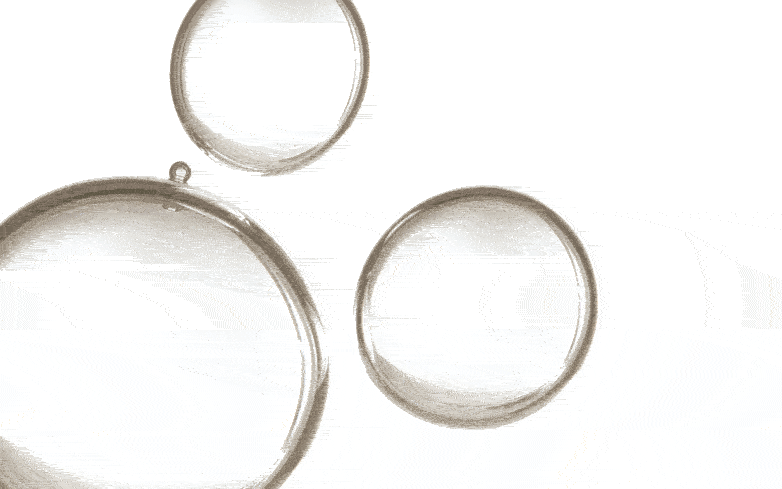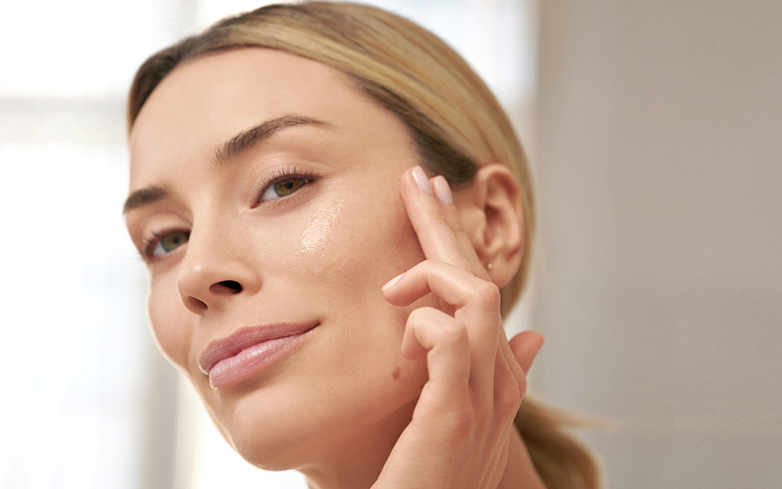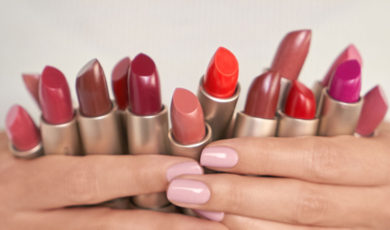Niacinamide: The Hero Every Skincare Routine Deserves

Niacinamide is a science-y sounding skincare component that’s often overshadowed by trending (and easy to pronounce!) ingredients like CBD. But it’s a proven ingredient that boasts numerous benefits — and has the clinicals to back up its claims — making it well worth incorporating into your skincare regimen. Today we’re breaking down this do-it-all hero and, by the end, you might just feel like making niacinamide one of your new favorites.
A Multi-Tasking Powerhouse
Also known as nicotinamide or niacin, niacinamide is one of the two major forms of vitamin B3. This essential nutrient can be ingested via food or taken as a supplement, but it’s also incorporated into topical skincare formulations.
“When applied to skin, niacinamide has been shown to reduce trans-epidermal water loss, thereby improving moisture levels,” says Dr Peterson Pierre, a board-certified dermatologist based in Thousand Oaks, CA.
In other words, it does a pretty amazing job of making sure moisture stays locked into your skin. Not just in the short-term, but over time since it actually can strengthen the skin’s barrier. Improved moisture retention isn’t all niacinamide can do for your dermis, though.

Who Should be Using Niacinamide?
Considering its wide range of benefits, pretty much everyone can reap the rewards of including niacinamide in their skincare regimen. Dr. Pierre agrees, saying, “We all can benefit from the barrier strengthening, as well as the antioxidant properties that niacinamide has to offer.”
If you’re eager to try niacinamide stat, we recommend our newly reformulated SKINLONGEVITY Long Life Herb Serum. This powerhouse vegan serum is formulated with niacinamide, along with a host of potent botanical extracts (including responsibly harvested Long Life Herb) to improve skin resilience, protect from environmental stressors and hydrate. Another option is new SKINLONGEVITY Long Life Herb Eye Treatment, which is formulated with the same key ingredients, but is meant to be applied specifically to the delicate skin around your eyes just after cleansing and before applying your go-to moisturizer.
As with anything applied to the skin, there’s always a possibility that you might be sensitive to niacinamide. Though it’s not as potent as, say, an AHA or retinol, some have experienced mild stinging, burning, itching, or redness. Dr. Pierre says it’s best to test a small area before slathering all over. To do this, apply a small amount to your forearm and assess for possible reactions over the next 72 hours. If everything is fine, you’re good to apply to your face and see the benefits of this skincare super vitamin.





